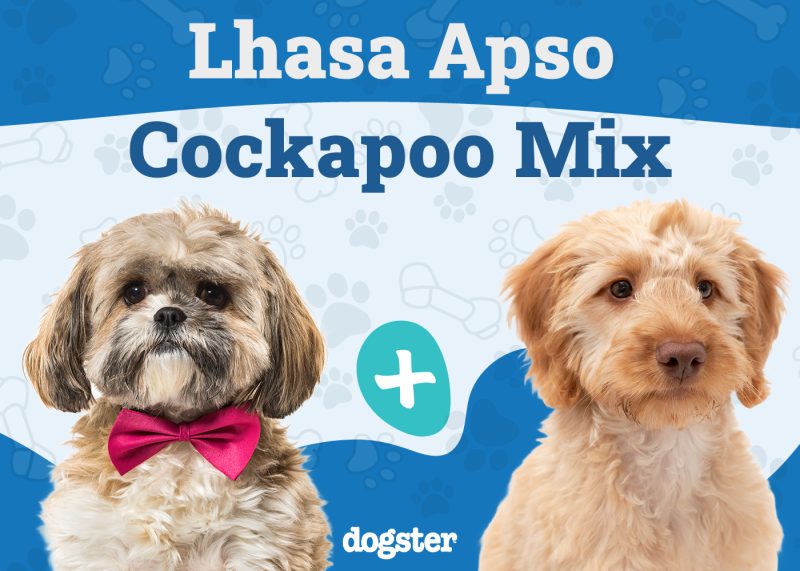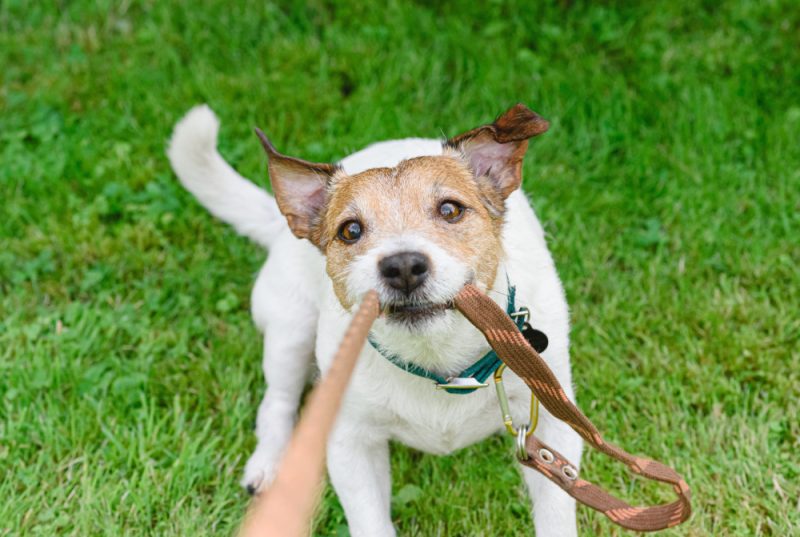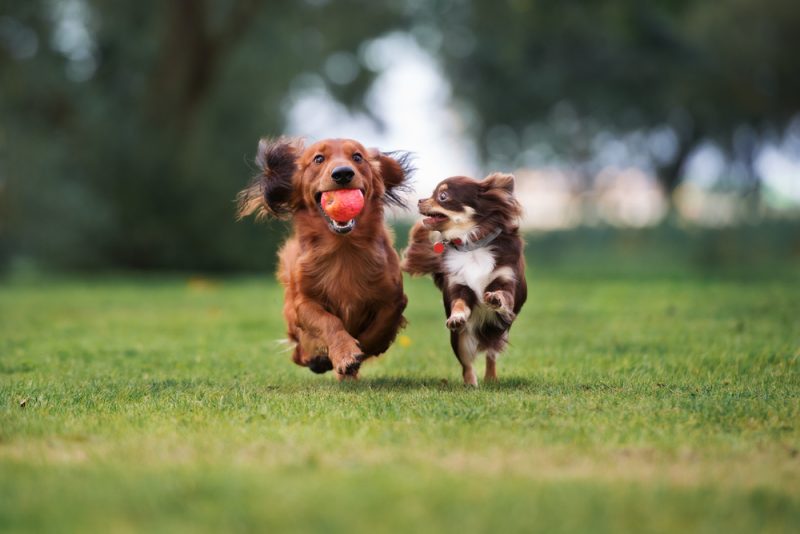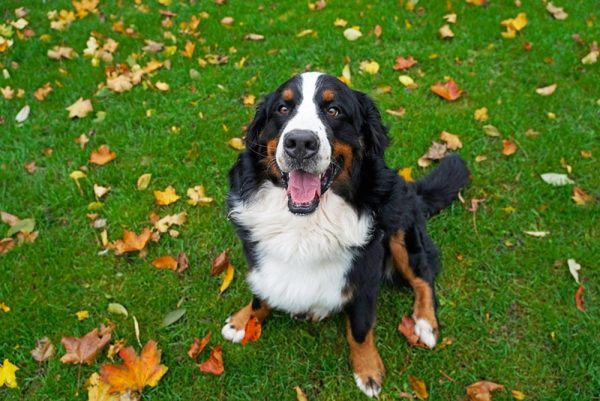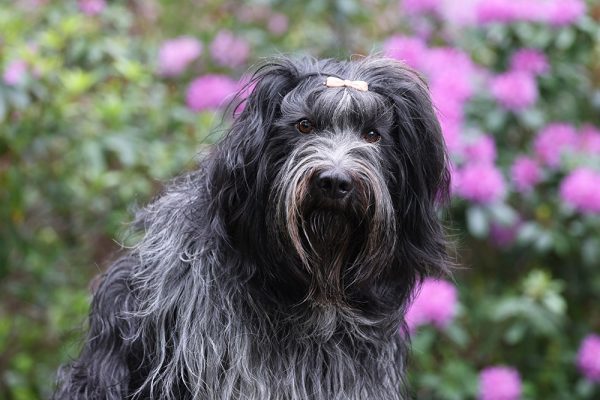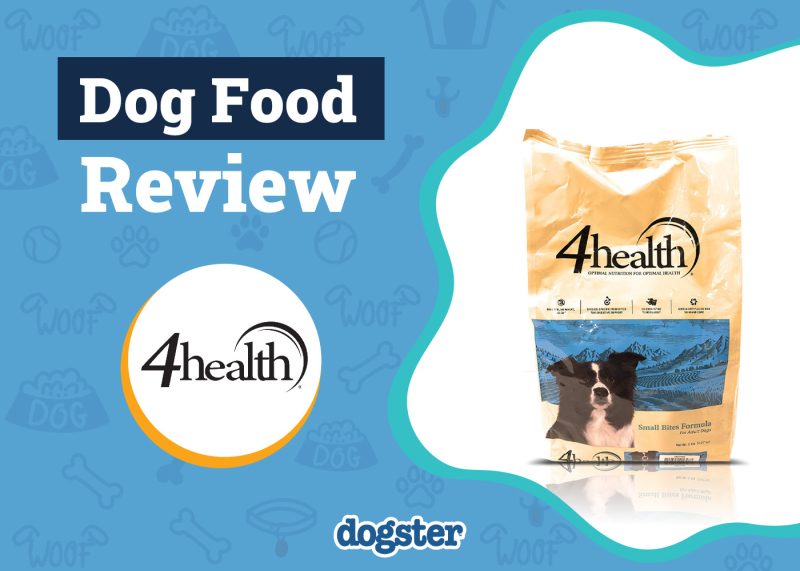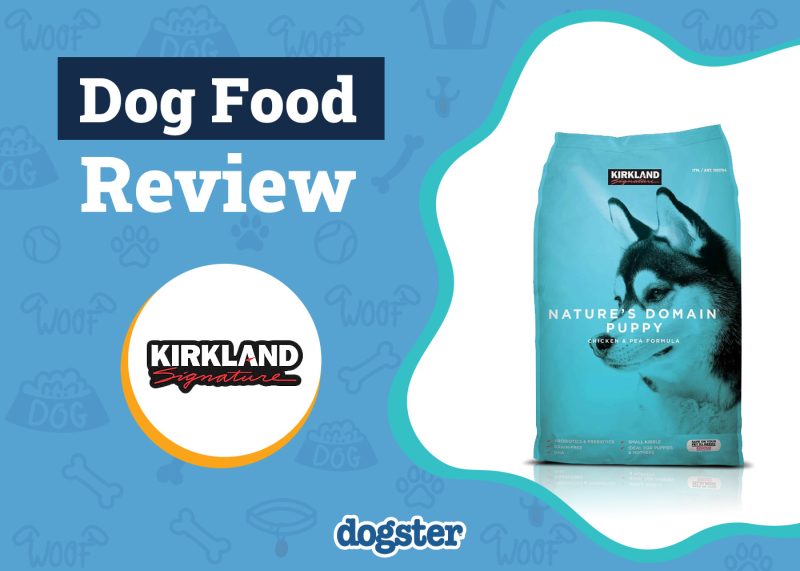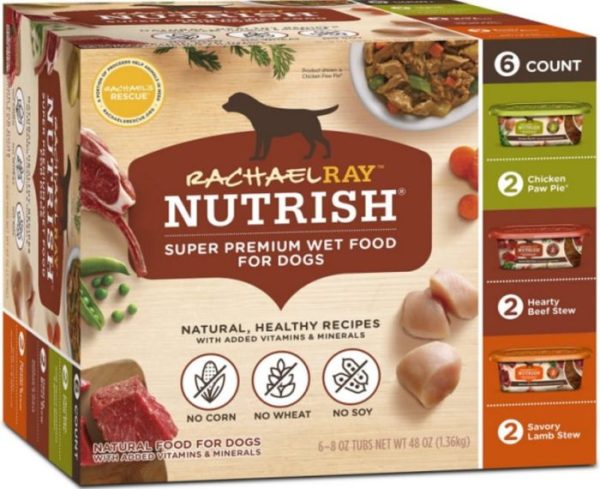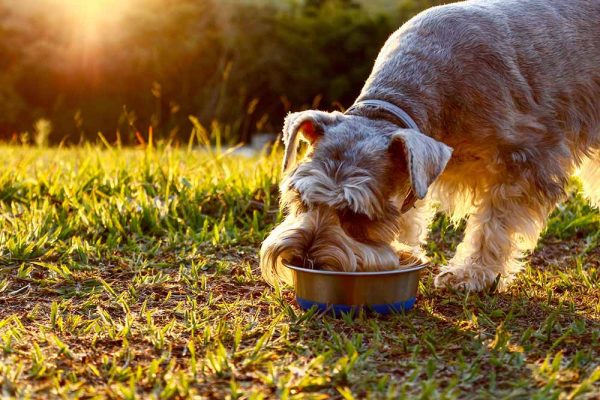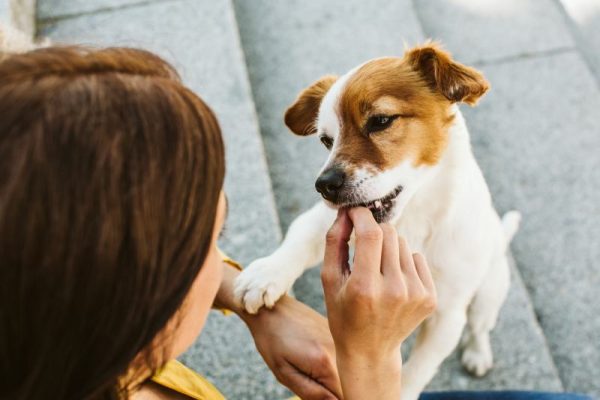Flat-faced dogs are referred to in the veterinary circle as brachycephalic. There are many brachycephalic breeds—Bulldogs, Boston Terriers, Pugs, and Shih Tzus are just a few examples. Many of these breeds are now very popular as household pets, and for good reason. Most are affectionate by nature, with quirky behaviors and a knack for playing with children.
However, many brachycephalic breeds are prone to a range of health conditions: breathing issues, allergies, spinal disease, eye ulcers, meningoencephalitis, luxating kneecaps, dental disease, and obesity. Most of these issues can be attributed to genetics and breeding. The desire to breed dogs with a “squashed face” appearance has compromised their health.
This article will delve into eight common brachycephalic health issues, with the purpose of helping owners to understand what they should be looking out for, both before and after taking on a brachycephalic dog.

The 7 Health Problems for Flat-Faced Dogs
1. Brachycephalic Obstructive Airway Syndrome
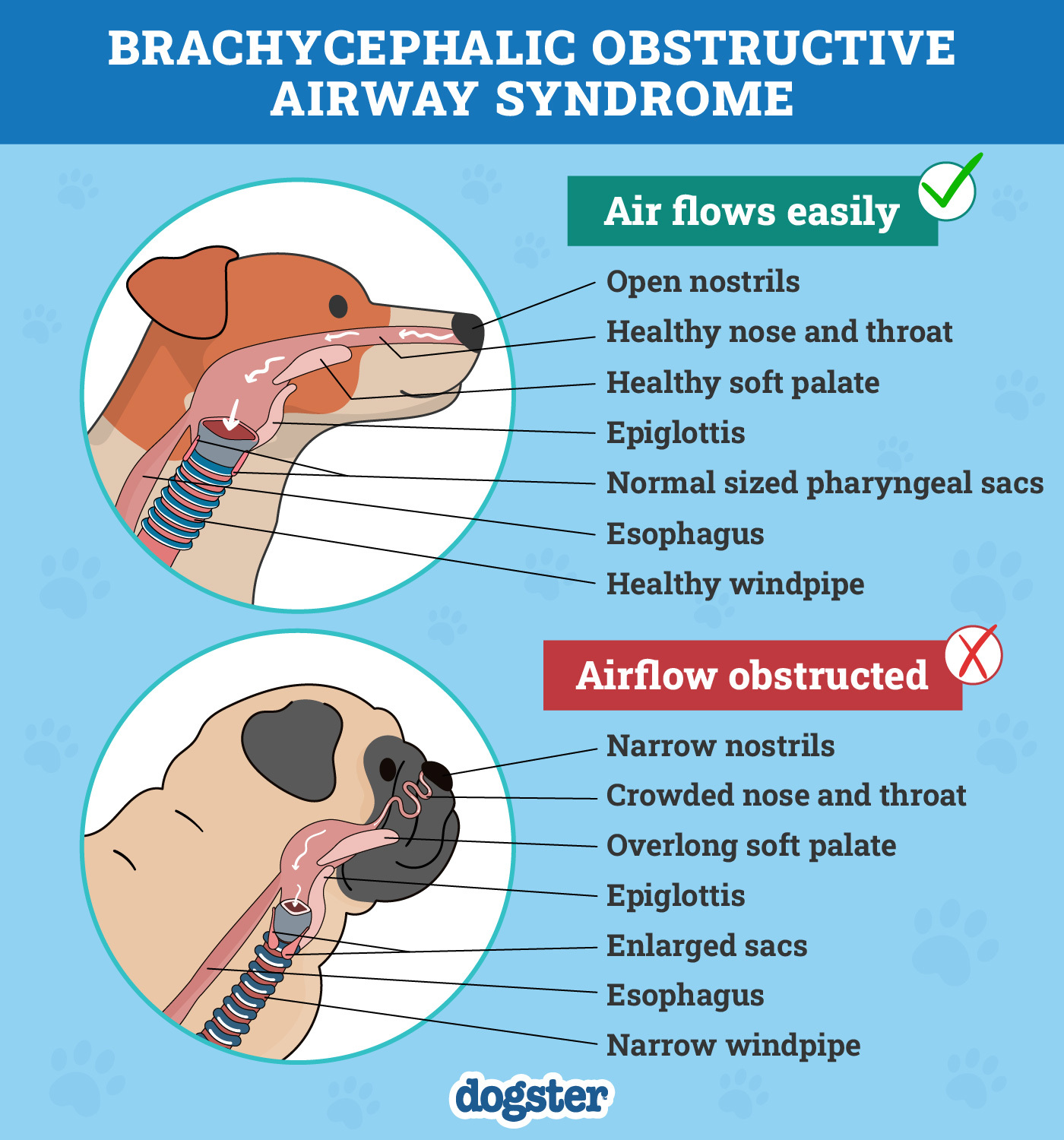
Brachycephalic Obstructive Airway Syndrome (BOAS) is a serious and common breathing issue. The compressed facial anatomy of brachycephalic breeds has led to a few changes:
- Abnormally narrow nostrils (stenotic nares)
- An overly long soft palate (roof of the mouth)
- Narrowing of the windpipe (tracheal hypoplasia)
- Eversion of saccules near the larynx due to increased breathing effort (everted laryngeal saccules)
- Inability to open the larynx due to stress on cartilage (laryngeal collapse)
Some dogs only exhibit one or two of these changes, but other dogs are affected by all of them. The problem with these structural changes is that they increase the effort required to inhale air. Mildly affected dogs will have noisy breathing and snoring that otherwise causes no issues. Severely affected dogs tire easily when exercised, collapse, faint, and become prone to developing heat stress. Coughing, retching, and vomiting are fairly common.
Dogs with mild or intermittent signs of BOAS can generally be managed by keeping them calm and avoiding exercise in hot/humid conditions. Dogs suffering an acute or life-threatening episode of BOAS require admission to a vet hospital for fluids, sedation, oxygen, supplementation, and anti-inflammatories.
Unfortunately, the only way BOAS can be fixed or corrected is via surgery. This involves opening up the nostrils, trimming the soft palate back to normal length, and removing the everted laryngeal saccules.
If you’re concerned about your dog’s health we suggest you speak to a vet.
2. Allergies
Some brachycephalic breeds (particularly Pugs, French Bulldogs, and some other Bulldogs) appear genetically prone to skin allergies. In the vet world, this condition is termed atopy or atopic dermatitis, meaning grasses, pollens, and other harmless environmental molecules trigger an immense allergic response.
This condition generally “flares up” seasonally, resulting in inflamed, itchy, and poor-smelling skin. Dogs with atopy also develop inflamed, angry ears that can result in secondary ear infections.
3. Hemivertebrae
Due to the screw in their tail, some brachycephalic dogs experience spinal problems. Hemivertebrae are abnormally formed spinal bones present from birth; they can be wedge-shaped or fused together. Hemivertebrae may or may not cause issues. Some dogs live problem-free with hemivertebrae, whereas others experience compression of the spinal cord, causing pain and weakness.
Diagnosis of this condition requires some form of imaging study. X-rays are a good starting point and can be performed at most general practice clinics, but CAT scans may be required.
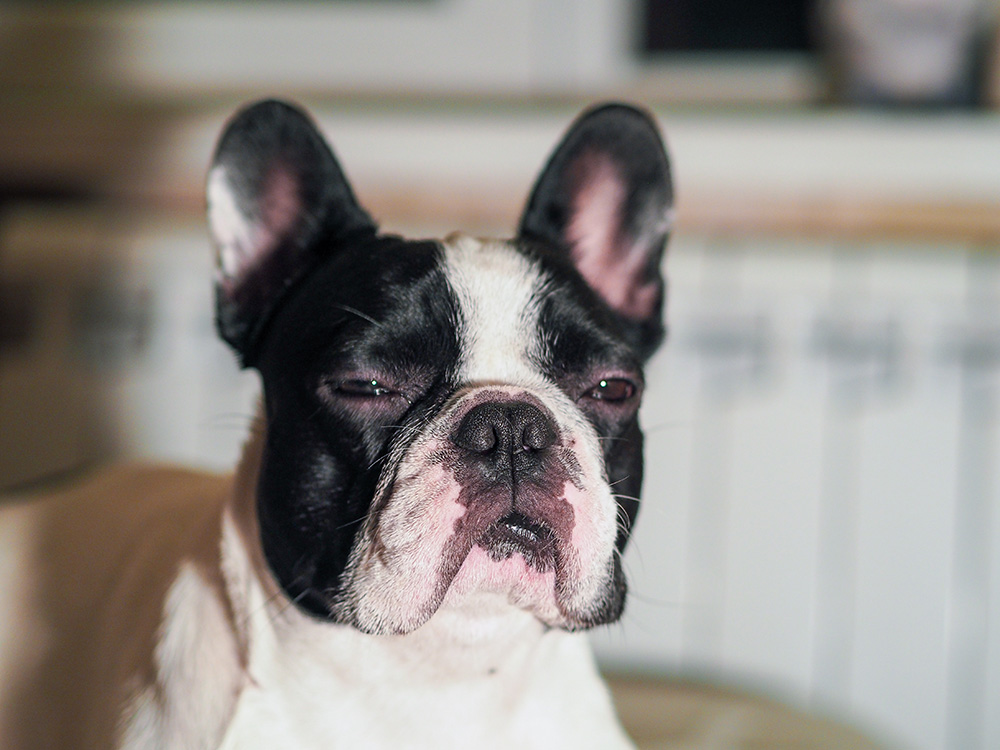
4. Eye Issues
Entropion and eye ulcers (corneal ulcers) are two issues that can affect brachycephalic dogs. Entropion is caused by excessive tension on the eyelid causing them to roll inwards and irritate the cornea (the clear front surface of the eye). This can cause a corneal ulcer, which requires aggressive treatment. Even without the presence of entropion, brachycephalic breeds are predisposed to traumatic eye ulcers, as the eyes “stick out” more than they do in long-faced breeds of dogs.
Due to their anatomy and altered tear film production, these ulcers can be challenging to heal. Signs of entropion and eye ulcers include squinting, swelling, redness of the eye, and discharge from the eye.
5. Meningoencephalitis
This disease is more specifically related to Pugs, though any brachycephalic breed may be affected. Encephalitis in dogs is commonly referred to in veterinary circles as MUO—meningoencephalitis of unknown origin. The meninges are the thin layers of tissue that encase the brain, so MUO refers to a condition in which the brain, as well as its “casing” and surrounding fluid, have become inflamed.
This is an auto-immune condition, and Pugs can inherit a gene that predisposes them to developing a particularly nasty form of the disease. It is sometimes referred to as Pug Dog Encephalitis or PDE. Generally, the signs of encephalitis include seizures, muscle tremors, blindness, head tilt, walking in circles, abnormal or dull behavior, and wobbliness. Treatment can be attempted with medications to suppress the immune system but, unfortunately, the long-term prognosis is poor.
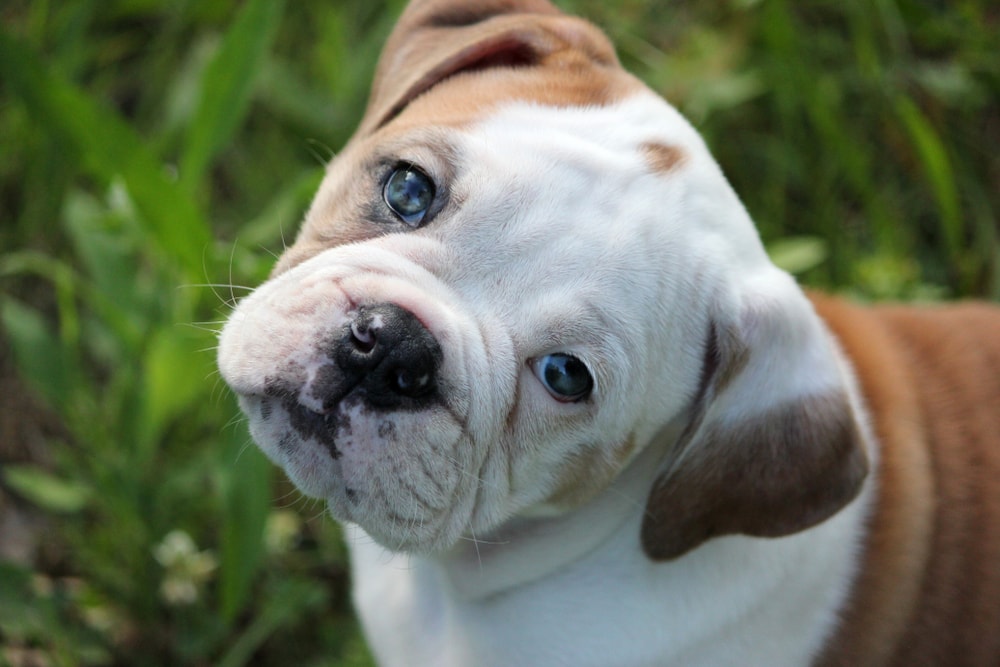
6. Luxating Patella
A luxating patella occurs when the kneecap (patella), which normally sits in a groove in the thigh bone (femur), pops out of this groove. It is a common congenital and developmental problem in small-breed dogs, meaning it is caused by misshapen bones—usually a thigh-bone groove that is too shallow.
Luxating patellas cause an “on-and-off” limp, with dogs seeming to skip or carry the leg when the patella is luxated, then resuming a normal gait when it pops back into the groove. Vets use a grading system for luxating patella: Grade 1 is very mild, and Grade 4 is permanently luxated. Most Grade 1 and 2 patellar luxations can be managed with medications and rest, but Grade 3 and 4 luxations tend to require corrective surgery.
7. Dental Disease
There are two forms of dental disease that commonly affect brachycephalic breeds. The first is dental overcrowding, and this is generally attributed to the compressed facial anatomy. While dogs don’t feel self-conscious about their dental crowding, it can cause discomfort and food impaction.
The second problem, which can be related to food impaction, is periodontal disease. This refers to an accumulation of plaque on the teeth, causing bad breath, inflammation of the gums, and loss of the bone in which the teeth are embedded. It is fairly common for brachycephalic breeds to have dental malocclusions too, colloquially referred to as an underbite or overbite.
Periodontal disease can be prevented by daily tooth brushing or cleaning up under anesthetic by a registered veterinarian. Sometimes, with both of these dental problems, teeth need to be extracted.
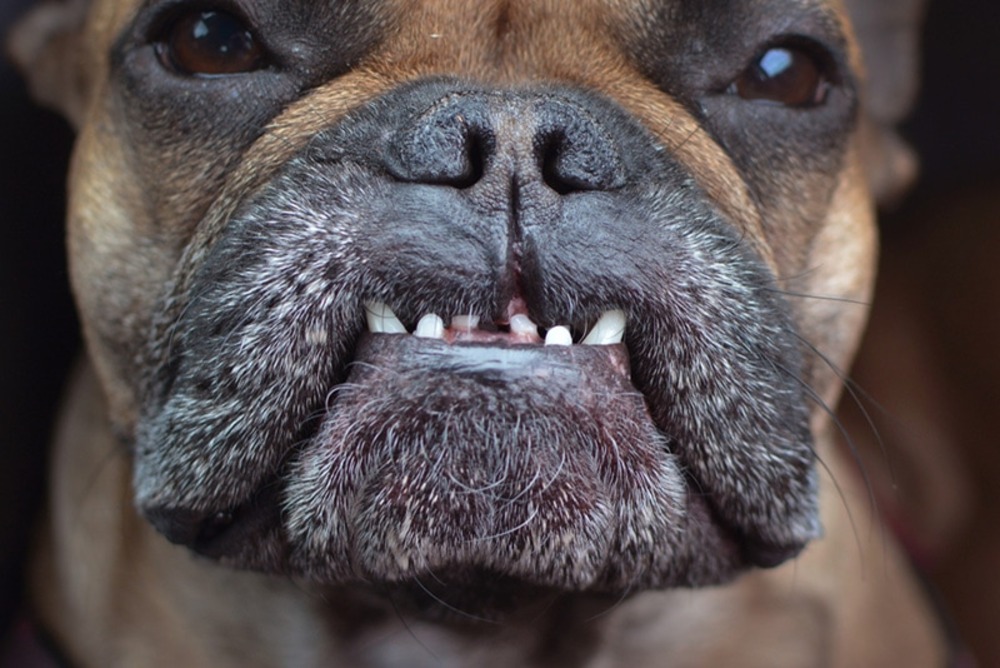

Conclusion
We believe that it is always helpful as an owner to know what problems commonly affect your dog, as early detection and intervention are more likely to lead to a good outcome. There is no denying that brachycephalic breeds have their fair share of health issues.
Chances are, if you speak to someone who owns or has owned a brachycephalic dog, they’ll attest to this too. However, this does not mean that all brachycephalic dogs are affected by these health issues. If you’re keen on one of these dogs, always look for a reputable breeder who promotes good breed standards and performs testing for common genetic conditions.
Additionally, always work closely with a trusted veterinarian to get the best for you and your dog.
Featured Image Credit: Banana Images, Shutterstock



